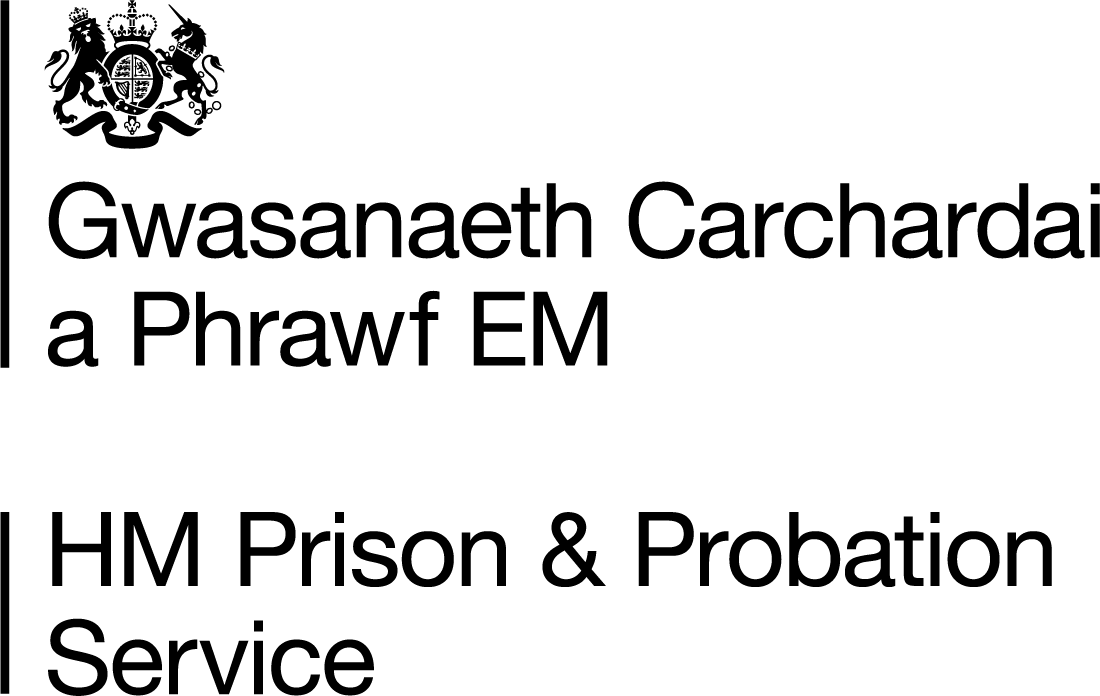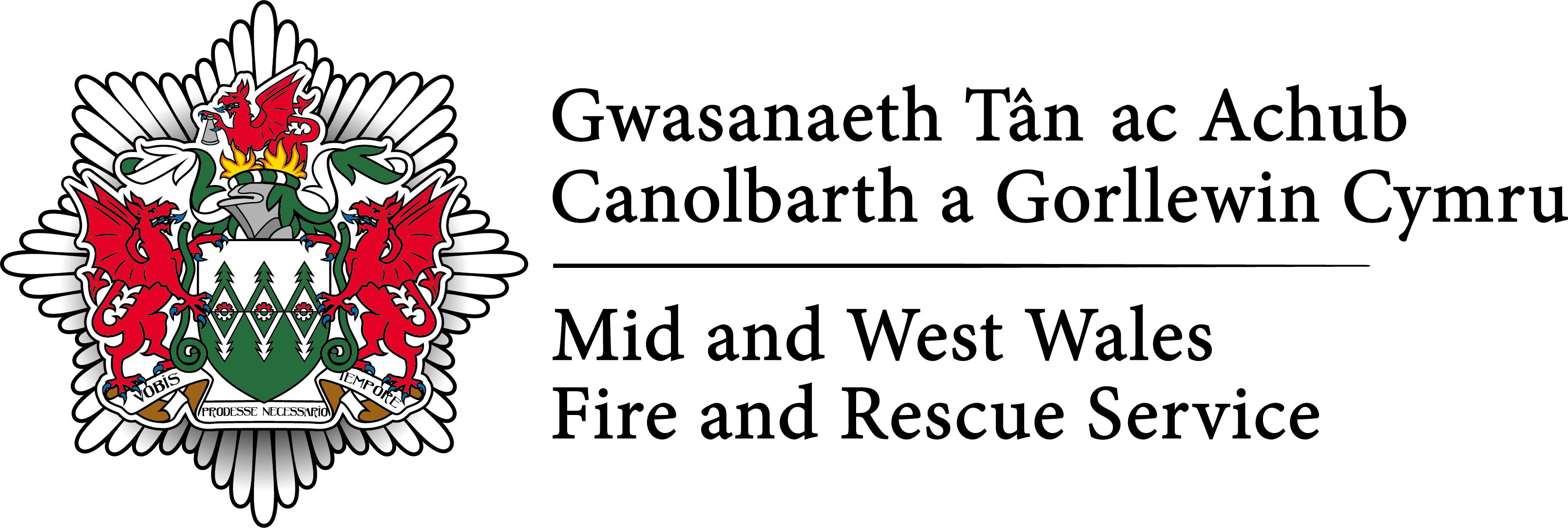Duties and powers
The Terrorism Act 2000 defines Terrorism, associated offences, and provides police powers to arrest and detain suspected terrorists, stop and search vehicles and pedestrians, and to impose parking restrictions. It provides powers to investigate terrorism by searching premises and general powers for police, customs and immigration officers including exchange of information.
Counter-Terrorism and Sentencing Act 2021 widens the offences that can be classed as terror-connected, increases sentencing, provides a minimum period of 12 months on licence, and requires adult offenders to take polygraph tests. Offenders are subject to the Registered Terrorist Offender notification requirements post-release. The Act strengthens Terrorism Prevention and Investigation Measures and supports the use of Serious Crime Prevention Orders in terrorism cases.
The Counter-Terrorism and Security Act 2015 updated by Counter-Terrorism and Border Security Act 2019, outlines the duties to prevent Persons vulnerable to being drawn into terrorism. Prevent activity in local areas relies on the co-operation of many organisations to be effective. Chapter 1 of Part 5 of the 2015 Act underpins this co-operation with a duty on specified authorities (listed in Schedule 6 to the 2015 Act), including local authorities, the police, prisons and probation providers, and education and health providers, to have due regard when performing their functions to the need to prevent people being drawn into terrorism. The Prevent Duty is specifically contained in Section 26 of the Counter-Terrorism and Security Act 2015.
Chapter 2 of Part 5 of the 2015 Act underpins the Channel arrangements. In particular, section 36 requires local authorities to establish a panel (known as a “Channel panel”) to discuss and, where appropriate, determine the provision of support for people who have been identified by the police as at risk of being drawn into terrorism. The panel must determine what support may be provided and in what circumstances. Subsections (3) and (4) amend section 36 to enable a local authority, as well as the police, to refer an individual who they believe to be vulnerable to being drawn into terrorism to a Channel panel. Section 38 requires the partners of a panel (that is, those bodies listed in Schedule 7 to the 2015 Act) to cooperate with the panel to allow the panel to make informed decisions and carry out its functions. There is an associated duty to cooperate with the police, in particular, in relation to their function of determining whether an individual should be referred to a panel for the carrying out of an assessment. Subsections (6) and (7) amend section 38 so that the duty on the partners of a panel to cooperate with the police in discharging their functions under section 36 extends to a duty to co-operate with a local authority carrying out such functions. The partners of a panel must have regard to statutory guidance issued by the Secretary of State.
Wellbeing of Future Generations (Wales) Act 2015 outlines the well-being duty on public bodies, which must set well-being objectives to meet well-being goals – one of which is a Wales of cohesive communities. This goal will support attractive, viable, safe and well-connected communities. Building more cohesive communities is also a key part of the UK’s Counter-Extremism Strategy.
The Civil Contingencies Act, and accompanying non-legislative measures, delivers a single framework for civil protection in the UK. The Act is separated into 2 substantive parts: local arrangements for civil protection (Part 1); and emergency powers (Part 2). The Wales Resilience Forum and local fora bring together partners to help meet these duties in Wales.
The Terrorism (Protection of Premises) Act 2025 (also known as Martyn’s law) received Royal Assent on the 03 April 2025. The Act will require public premises where 200 or more individuals may be present, to be better prepared and have plans in place to keep people safe in the event of an attack.










